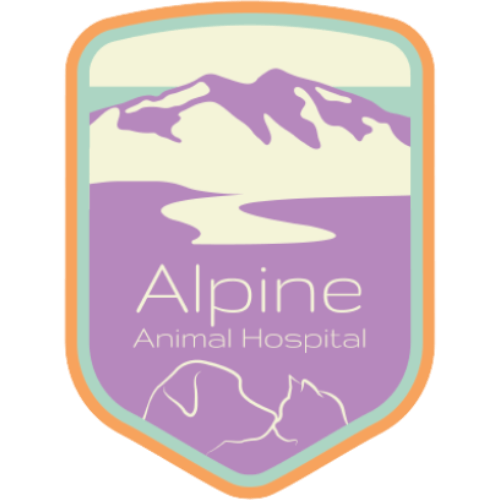Alpine Animal Hospital Offers A Full-Service Veterinary Clinic
At Alpine Animal Hospital, we believe that your pet is a part of the family, yours and ours. That is why we have made it our mission to provide comprehensive and compassionate veterinary care that is in the best interests of you and your furriest family member. If you are in the Carbondale, CO 81623 area and are looking for a caring veterinary team to help make sure your pet remains in good health, we are nearby and ready to help.
Companion Animal Veterinary Services
Because of the shorter lifespan of our pets, we stress the importance of an annual physical examination. Thorough check-ups and preventive care can help alleviate serious health problems. We offer a wide range of veterinary services to keep your companions feeling their best.
To learn more about the many services our veterinary clinic offers, or to schedule an appointment, please contact us or call us at (970) 963-2371
